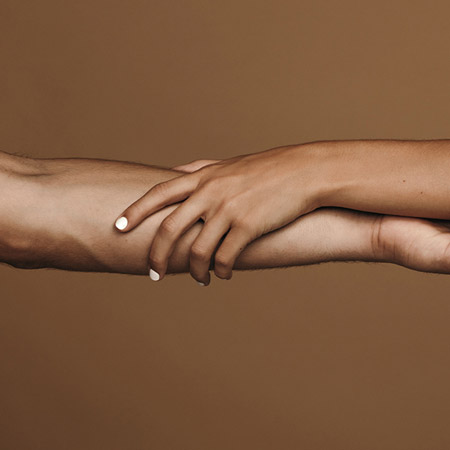Hyperhidrosis (Excessive Sweating)
Hyperhidrosis is a condition that causes excessive sweating. Sweating is the body’s natural way to cool down and maintain a steady, healthy temperature, and sweating in hot environments, during or after physical activity, or even as a result of a stress-related reaction is not uncommon. But when perspiration is excessive and chronic, it can be embarrassing and disruptive, interfering with normal activities and socialization. In hyperhidrosis, excessive perspiration is produced even when temperatures are cool, and usually occurs in the armpits, hands, and feet without any apparent trigger. Hyperhidrosis can cause clothing to become soaked with perspiration, and it can also cause physical discomfort and emotional anxiety and stress.
Get Tested Today!
If you or your dermatologist suspects that an underlying health condition is causing the excessive sweating, you may need to have other diagnostic testing done before the hyperhidrosis can be effectively treated. The course of treatment for secondary hyperhidrosis is based on treating the underlying condition that is causing you to sweat more than usual.
Rid Your Burden
Frequently Asked Questions
Schedule with us today
If you are looking for an experienced team of dermatologists, please contact Bayou City Dermatology today.
Schedule Today





